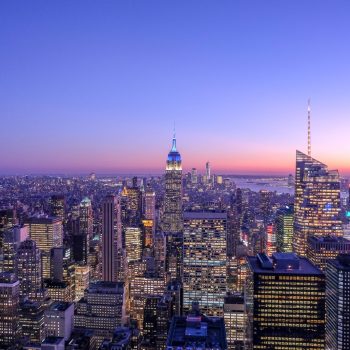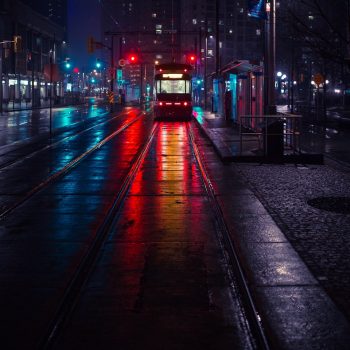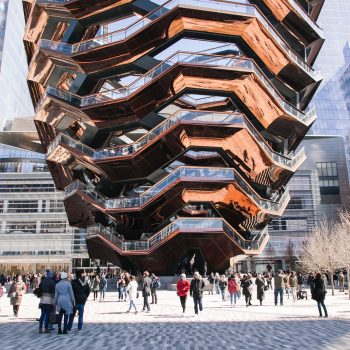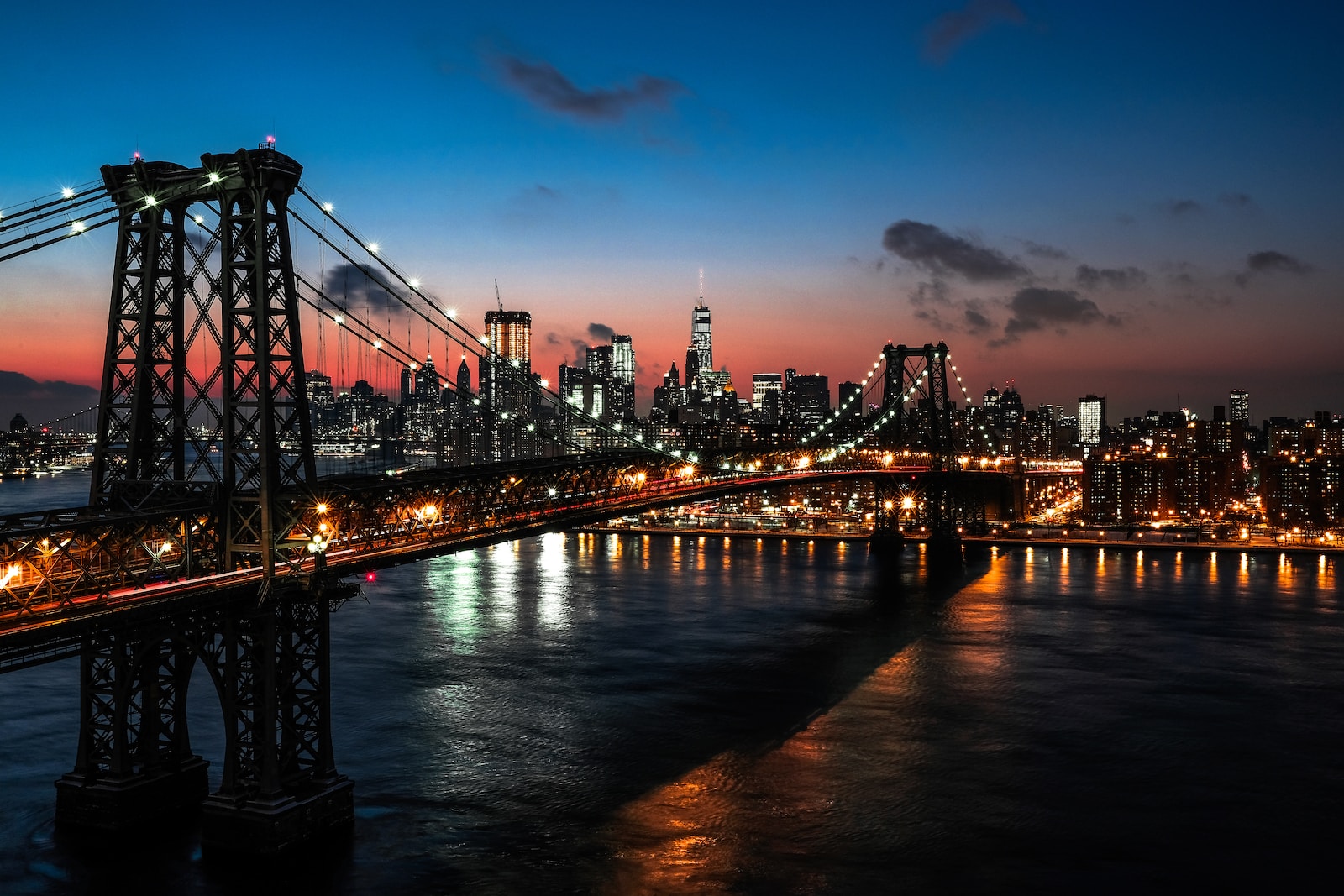New York City, often hailed as the “City that Never Sleeps,” has long been a beacon of innovation, culture, and progress. Steeped in history, the city has undergone various transformations, each contributing to its unique identity. In this era of rapid change, New York City continues to redefine itself, embracing modernity while cherishing its rich past. In this blog post, we’ll delve into the modern and new aspects of the city, highlighting its architecture, technology, culture, and sustainable initiatives.
Table of Contents
ToggleArchitectural Marvels
The New York City skyline has evolved over the years, with iconic skyscrapers constantly pushing the boundaries of architecture and design. The One World Trade Center, completed in 2014, stands as a symbol of resilience and innovation, replacing the original Twin Towers destroyed in the 9/11 attacks. Its sustainable features and state-of-the-art design reflect the city’s commitment to both modernity and memory.
Hudson Yards, a mega-development project completed in recent years, showcases the city’s continuous quest for innovation. This self-contained neighborhood boasts impressive skyscrapers, cultural venues, and green spaces, offering a blend of residential, commercial, and recreational spaces. The Vessel, a geometric marvel at the heart of Hudson Yards, stands as a testament to the city’s dedication to pushing artistic and architectural boundaries.


Technological Advancements
New York City is a hotbed of technological advancements that shape urban life. The LinkNYC project, for instance, has transformed old payphones into cutting-edge communication hubs, offering free Wi-Fi, device charging, and informational touchscreens. These installations represent the city’s commitment to providing accessible connectivity and information to its residents and visitors.
Moreover, the integration of technology in transportation is reshaping how people navigate the city. From app-based ride-sharing services to bike-sharing programs and electric scooters, New Yorkers now have a plethora of options for getting around efficiently and sustainably. Additionally, the city’s subway system, despite its age, continues to receive technological upgrades, enhancing safety and convenience for its millions of daily riders.
Cultural Diversity and Innovation
New York City has always been a melting pot of cultures, and this diversity remains a hallmark of its modern identity. The city’s vibrant arts scene thrives with a blend of traditional and contemporary influences. From the renowned Museum of Modern Art (MoMA) to street art in neighborhoods like Bushwick, art is not confined to galleries; it spills onto the streets, reflecting the city’s dynamic and evolving cultural tapestry.
In recent years, there has been a surge in community-driven cultural initiatives that celebrate heritage while fostering creativity. Local markets, such as the Queens International Night Market, offer an array of international cuisines and crafts, providing a platform for small businesses and creating a unique atmosphere Bringing people together from all walks of life.


Sustainable Initiatives
As concerns about the environment grow, New York City has taken significant steps toward sustainability and green living. The High Line, a public park built on a disused elevated railway, showcases the city’s innovative approach to repurposing urban spaces. This beautiful green corridor offers a respite from the bustling streets below and serves as a model for transforming obsolete infrastructure into sustainable havens.
The city’s commitment to sustainability extends beyond parks and into its architecture. Buildings like the Bank of America Tower and the Javits Center have earned LEED certification for their eco-friendly design and energy-efficient features. Rooftop gardens, solar installations, and rainwater harvesting systems are becoming increasingly common as the city strives to reduce its carbon footprint and inspire other urban centers to follow suit.
New York City’s evolution into a modern and new metropolis is a testament to its resilience, adaptability, and unyielding spirit. From architectural marvels that redefine skylines to technological innovations that enhance urban living, the city continues to push boundaries. Its cultural diversity remains its beating heart, with a commitment to preserving traditions while embracing contemporary influences. The sustainable initiatives that dot the urban landscape reflect a dedication to a greener future. As we look to the future, the modern and new New York City will undoubtedly continue to inspire, surprise, and lead the way for cities around the world.




Thanks for sharing. I read many of your blog posts, cool, your blog is very good.
Can you be more specific about the content of your article? After reading it, I still have some doubts. Hope you can help me.
Thank you for your sharing. I am worried that I lack creative ideas. It is your article that makes me full of hope. Thank you. But, I have a question, can you help me?
Thanks for sharing. I read many of your blog posts, cool, your blog is very good.
I don’t think the title of your article matches the content lol. Just kidding, mainly because I had some doubts after reading the article.
Thank you for your sharing. I am worried that I lack creative ideas. It is your article that makes me full of hope. Thank you. But, I have a question, can you help me?
Your point of view caught my eye and was very interesting. Thanks. I have a question for you. https://accounts.binance.com/sl/register?ref=PORL8W0Z
I don’t think the title of your article matches the content lol. Just kidding, mainly because I had some doubts after reading the article.
Your point of view caught my eye and was very interesting. Thanks. I have a question for you.
Your article helped me a lot, is there any more related content? Thanks!
Thank you for your sharing. I am worried that I lack creative ideas. It is your article that makes me full of hope. Thank you. But, I have a question, can you help me?
Your article helped me a lot, is there any more related content? Thanks!
Can you be more specific about the content of your article? After reading it, I still have some doubts. Hope you can help me.
Your article helped me a lot, is there any more related content? Thanks!
Can you be more specific about the content of your article? After reading it, I still have some doubts. Hope you can help me.
Thank you for your sharing. I am worried that I lack creative ideas. It is your article that makes me full of hope. Thank you. But, I have a question, can you help me?
Thank you for your sharing. I am worried that I lack creative ideas. It is your article that makes me full of hope. Thank you. But, I have a question, can you help me?
Can you be more specific about the content of your article? After reading it, I still have some doubts. Hope you can help me. https://accounts.binance.com/en-IN/register?ref=UM6SMJM3